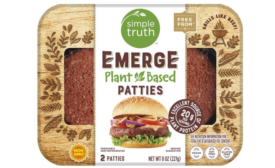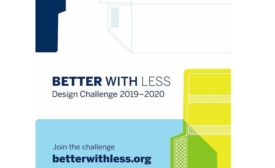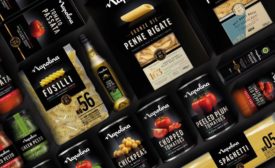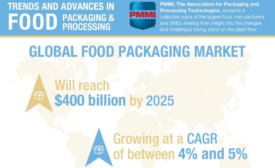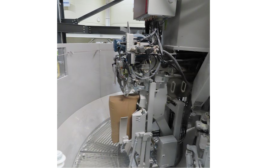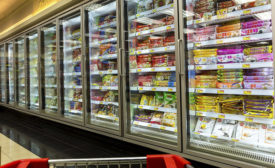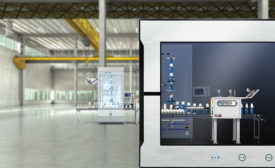Prepared Foods
Brand Packaging: Food Packaging Design
10 Ways to Maximize Food Sales with Packaging
The essentials to delivering coding, marking and labeling made easy.
January 17, 2020
Automation
Giving the Human-Machine Interface a More Human Touch
There are more opportunities for machinery to respond directly to input from human operators.
January 16, 2020


